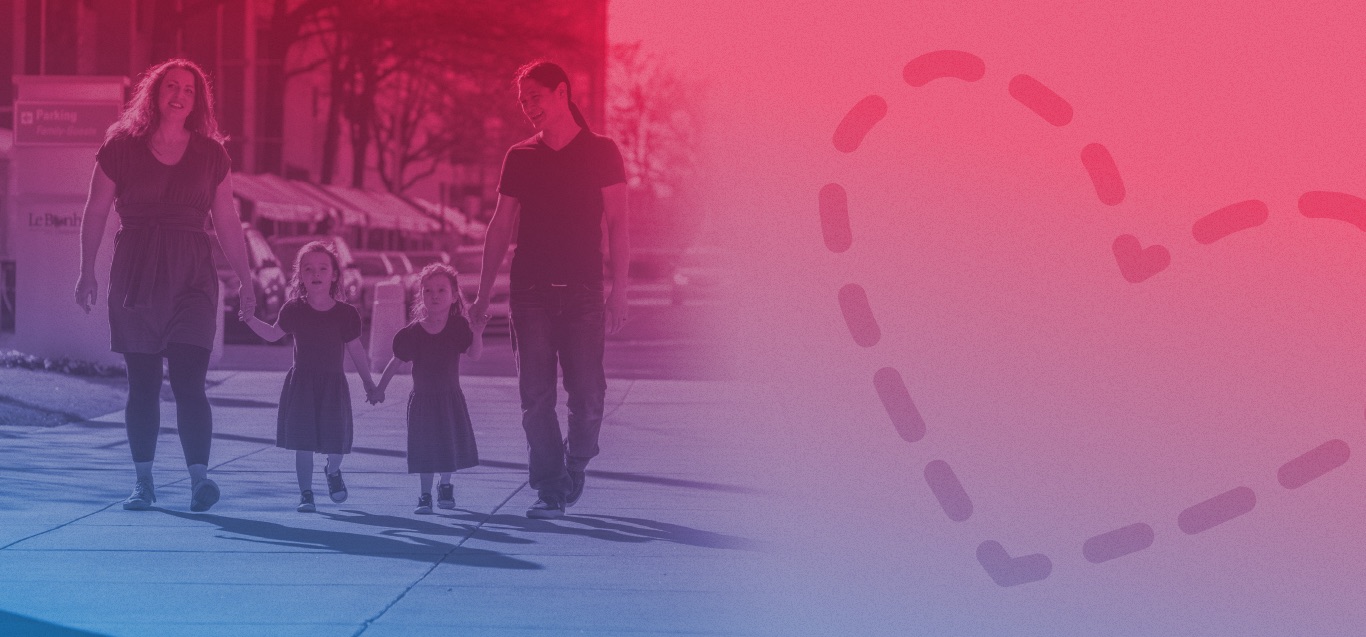
Head Injuries in Kids, Do You Know the Signs?
Posted: September 03, 2010Dr. Barry Gilmore, Medical Director of Emergency Services at Le Bonheur Children's Hospital gives parents some helpful tips on head injuries and the danger signs to watch for.
"Most often, children come to Le Bonheur with head injuries resulting from accidents that happen around the house or during an activity. Usually, complaints range from a headache, dizziness or even sometimes, no symptoms at all. Dr. Gilmore warns parents that head trauma is never something to take likely or try to wait out. If you have an uneasy feeling about an accident or injury, it's always best to get your child into your pediatrician's office or the emergency department.
Two of the biggest warning signs parents need to watch for after a head injury are loss of consciousness or vomiting. If your child is experiencing either of these, contact your pediatrician immediately. Other worrisome symptoms range from confusion, dilated pupils, loss of coordination or complaints of head pain.
The number one cause of head trauma seen across the country usually occurs from falls. Other causes range from motor vehicle accidents, sports activities and accidents during play. "If your child is participating in any activity that could produce a head injury, make sure you are taking all the safety precautions required to prevent that from happening," says Dr. Gilmore.
The No. 1 safety precaution parents can take is making certain that your child is always buckled in his or her seatbelt or strapped into a car seat. This rule has no exceptions. "If this rule was followed at all times we could prevent almost all of the head injuries we see resulting from vehicle accidents," Gilmore said. "Buckling in your child needs to be the first thing you do in your car before you ever back out of the driveway."
Helmets are also essential necessities for protection on bikes, scooters and skates. Parents can visit any sports store to purchase a good helmet. Read the instructions to make sure the helmet fits the child appropriately. It's also a good practice to buy the elbow and knee pads as well.
Doctors at Le Bonheur Children's Hospital in Memphis see head traumas quite regularly. Dr. Gilmore stresses to parents that accidents are going to happen. The best thing you can do for your child is to make certain he or she is taking the appropriate safety precautions when participating in sports activities or riding in a vehicle. Outside of that, if you have a bad feeling or your child exhibits any of the warning indicators listed above, don't hesitate to contact your pediatrician."



